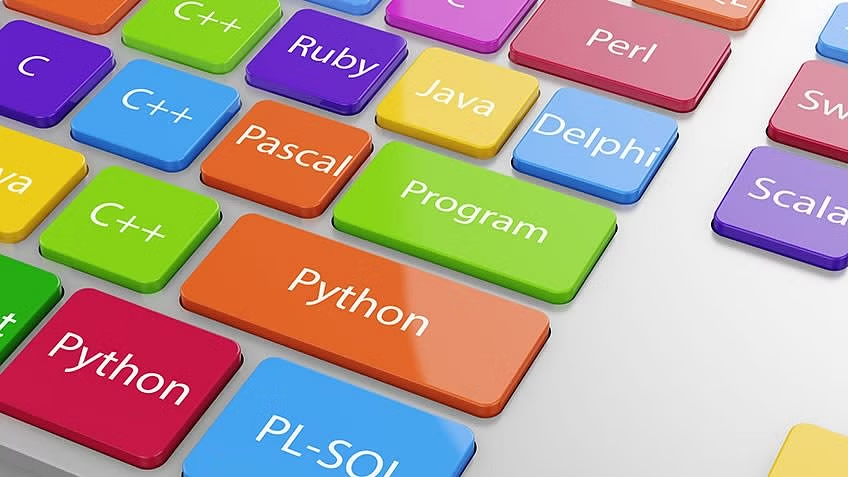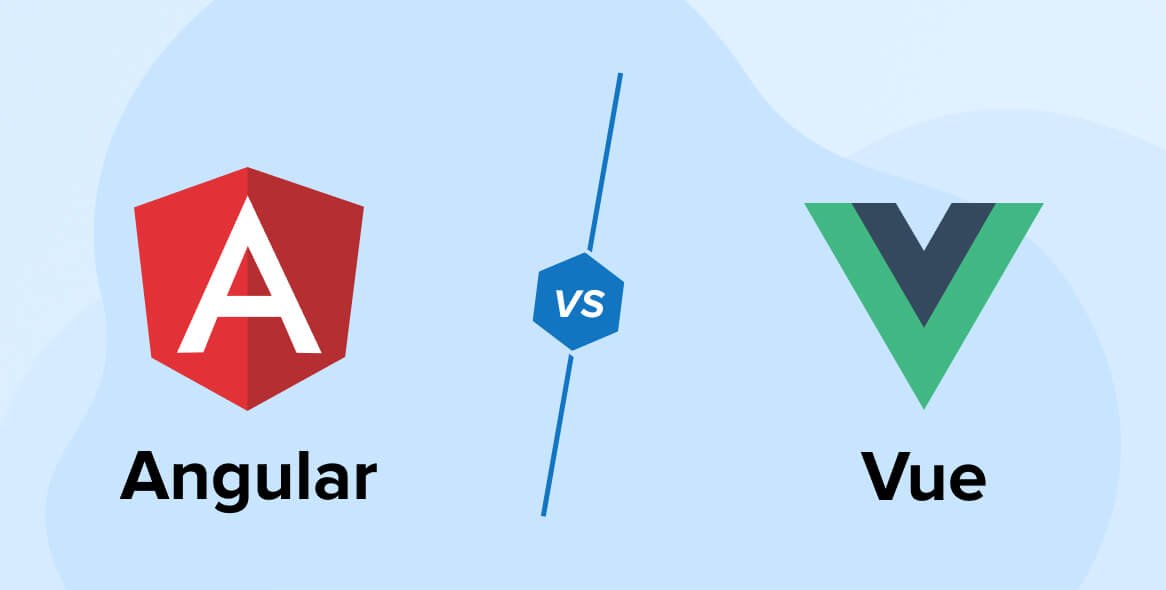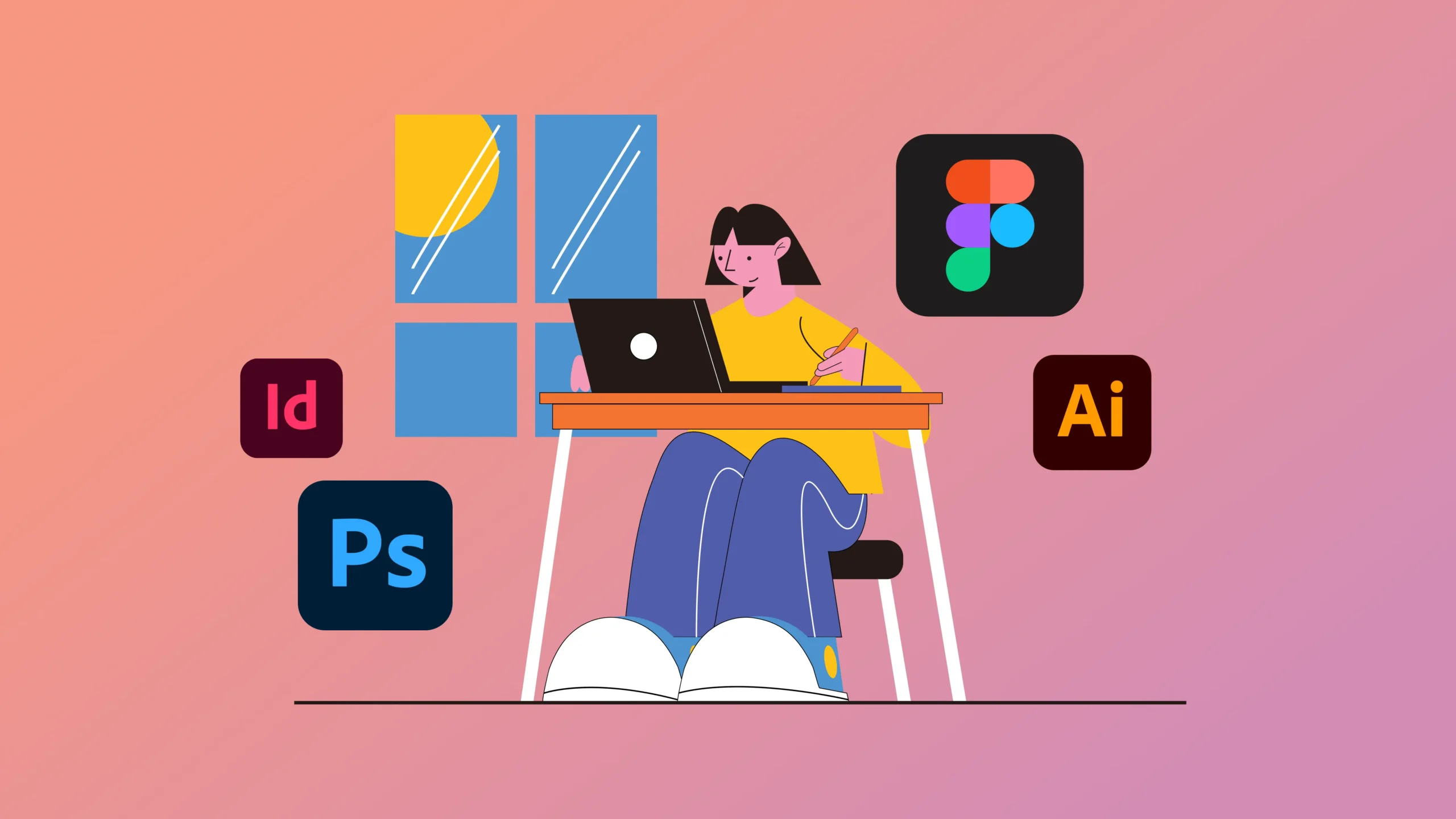The mobile app development world has seen significant changes over the years. With the rise of AI-powered applications, gaming apps, and cross-platform solutions, selecting the right programming language is more crucial than ever. Whether you’re developing for Android, iOS, or hybrid platforms, having the right language can improve performance, usability, and scalability.
Latest Trends in Mobile App Development
Today, we’re seeing a massive shift towards cross-platform solutions, AI integrations, and a preference for languages that simplify maintenance and updates. Swift, Kotlin, and Java continue to dominate the native app development scene. Meanwhile, hybrid solutions using JavaScript frameworks like React Native are gaining popularity, especially for businesses seeking to minimize development costs while reaching a broader audience.
Let’s dive into the top programming languages to consider for mobile app development.
1. Swift (iOS) for Mobile App Development
Swift is Apple’s modern programming language designed for iOS, macOS, watchOS, and tvOS apps. Launched in 2014, it quickly became a favorite for iOS developers due to its clean syntax and ease of learning.
| PROS | CONS |
| Easy to read and maintain | Limited to Apple ecosystems |
| Strong performance | Not backward-compatible with older iOS versions |
| Supports dynamic libraries | Smaller talent pool compared to other languages |
2. Objective-C (iOS)
Before Swift, Objective-C was the go-to language for iOS development. It’s still widely used, but its clunky syntax makes it less appealing to newer developers.
| PROS | CONS |
| Extensive library support | Hard to debug due to complex syntax |
| Stable and reliable for older systems | Declining popularity, harder to find developers |
3. Java (Android) in Mobile App Development
Java has been the backbone of Android development since the platform’s inception in 2008. Its object-oriented nature makes it ideal for building modular, scalable apps.
| PROS | CONS |
| Strong community support | Verbose syntax |
| Cross-platform compatibility | Slower than newer alternatives like Kotlin |
4. Kotlin (Android)
Google officially supported Kotlin as a preferred language for Android development in 2017. Kotlin is interoperable with Java, offering a cleaner and more concise syntax.
| PROS | CONS |
| Concise and easy to read | Smaller developer pool compared to Java |
| Interoperable with Java | Requires familiarity with Java for full potential |
5. C# (Cross-platform) Role in Mobile App Development
Microsoft’s C# is widely used for developing cross-platform apps, especially when combined with the Xamarin framework. Its robust syntax and object-oriented nature make it a popular choice for enterprise-level applications.
| PROS | CONS |
| Strong support for game development (Unity) | Heavier runtime requirements |
| Cross-platform capabilities | Steeper learning curve |
6. Xamarin (Cross-platform)
Although not a programming language itself, Xamarin allows C# developers to build apps for iOS, Android, and Windows with shared codebases, making it a powerful tool for cross-platform development.
| PROS | CONS |
| Reuse code across platforms | High app size due to Xamarin overhead |
| Supported by Microsoft | Limited access to device features |
7. React Native (Cross-platform)
React Native, built by Facebook, allows developers to create mobile apps using JavaScript and React. It’s a popular choice for those looking to deploy apps quickly on both iOS and Android platforms.
| PROS | CONS |
| Write once, deploy to both platforms | Performance can be slower than native apps |
| Large developer community | Some limitations with device-specific features |
8. Flutter (Cross-platform) in Mobile App Development
Developed by Google, Flutter allows you to build natively compiled applications for mobile, web, and desktop from a single codebase using the Dart programming language.
| Pros | Cons |
| Excellent performance with native compilation | Relatively new, smaller talent pool |
| Flexible UI components | Larger app size compared to native apps |
9. Dart (Flutter framework)
Dart is Google’s language, designed for fast apps on any platform. Though relatively new, it’s becoming increasingly popular due to its tight integration with Flutter.
| Pros | Cons |
| Fast development with hot reload | Limited community compared to other languages |
| Optimized for UI design | Smaller job market for Dart developers |
10. RubyMotion (Cross-platform)
RubyMotion allows developers to write Ruby code that runs natively on iOS and Android. Though less popular than other options, it has a loyal niche following.
| Pros | Cons |
| Easy syntax, similar to Ruby | Paid platform |
| Great for prototyping | Smaller community |
11. Python (Cross-platform)
While Python is more commonly associated with web development, it’s also used for mobile apps via frameworks like Kivy and BeeWare. Python is ideal for developers who want versatility across various projects.
| Pros | Cons |
| Highly versatile and widely used | Slower performance compared to compiled languages |
| Large support community | Limited mobile-specific libraries |
12. PHP (Backend for mobile apps)
While PHP is traditionally a backend language, it’s used to build mobile app backends and APIs that work with apps. This is common in content-heavy applications that require server-side interactions.
| Pros | Cons |
| Excellent for backend development | Not a front-end mobile app language |
| Easy to scale | Requires additional technologies for app development |
Conclusion
The world of mobile app development is constantly evolving, with new languages and tools making it easier to build apps. Whether you’re looking to develop a native app or need a cross-platform solution, the choice of language will significantly impact your development process.
For high-quality, cutting-edge mobile app development, consider partnering with Blueprints Digital Center. Our team specializes in both native and cross-platform app development to help you deliver the best experience to your users. Contact us today!
FAQs
1. Which language is best for iOS & mobile app development?
Swift is the go-to language for iOS development, preferred for its simplicity and performance.
2. Is Java still relevant for Android mobile app development?
Yes, despite Kotlin’s popularity, Java remains widely used and supported for Android app development.
3. Can I use one language for both iOS and Android?
Yes, frameworks like React Native and Flutter allow for cross-platform development with a single codebase.
4. What’s the best language for game development on mobile?
C# is often preferred for game development, especially with Unity integration.
5. Is Python good for mobile app development?
Python can be used for mobile development, especially for backend solutions, but it’s less common for front-end mobile apps.




